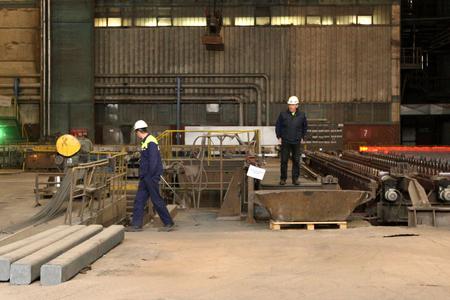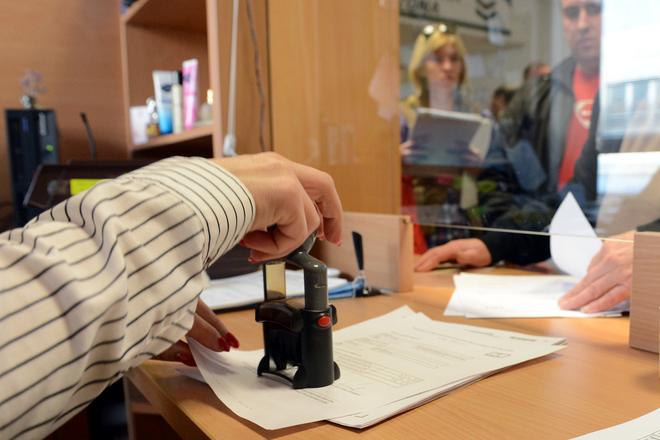In 2018, the bureaucratic burden of a model entrepreneur in Slovakia - a micro-company with four employees involved in metalworking - reached 64 activities for which it must spend 222 hours. The think tank Institute for Economic and Social Analyses (INESS) revealed the results of its Bureaucratic Index on October 1.
Due to a change in the methodology of measurements, it was not able to compare the results with previous years.
“But we note that compared to 2017, bureaucracy in Slovakia has increased,” said Martin Vlachynský, director of the INESS Research Centre for Business Environment Support, as cited by the SITA newswire. “However, this was the result of a one-time cost of 16 hours caused by the GDPR personal data management rules. Without this change, the level of bureaucracy in Slovakia would have stagnated for small entrepreneurs, resulting in few changes, or changes that would not concern a model entrepreneur.”

Activities related to routine operation include, for example, payment of corporate taxes (46 hours), waste management (30 hours), or various certifications and compulsory external services (22 hours). In activities concerning employment, the most extensive is the agenda of wages, taxes, and employee payroll levies (41 hours), followed by activities related to compliance with the Labour Code and reporting obligations (26 hours), and hiring and firing staff (16 hours).
INESS assesses the pro-business packages prepared by the Economy Ministry as well as the preparation of the RIA 2020 strategy in a positive light.

Slovakia came out with the lowest burden among the four countries featured in the research.
“It was pleasing to find that Slovakia recorded the lowest number of hours,” said Vlachynský, adding that the Czech Republic recorded a bureaucratic index of 233 hours, Lithuania 252 hours and the Ukraine 469 hours.



 Red tape burdens entrepreneurs in Slovakia. (source: TASR)
Red tape burdens entrepreneurs in Slovakia. (source: TASR)